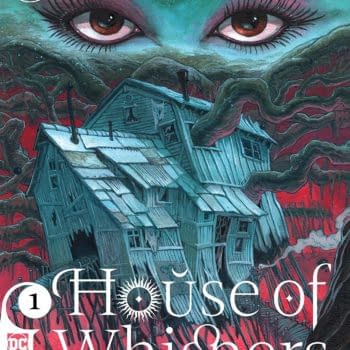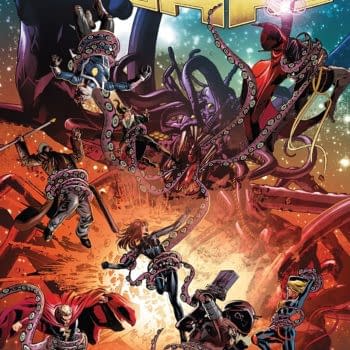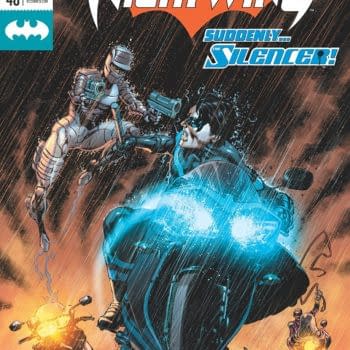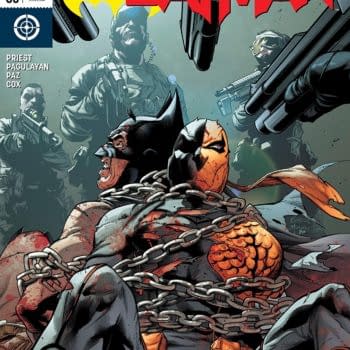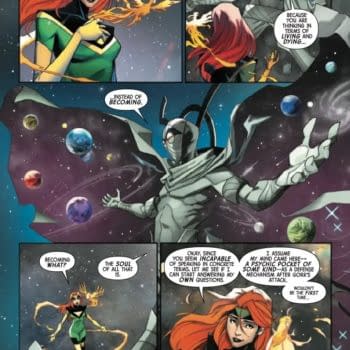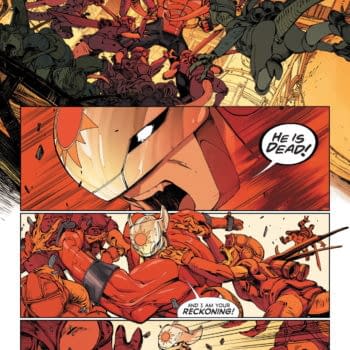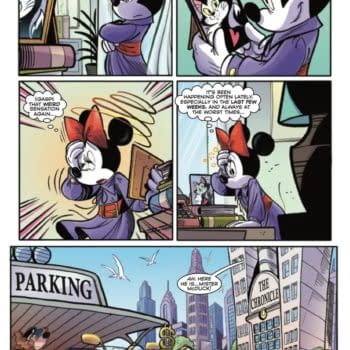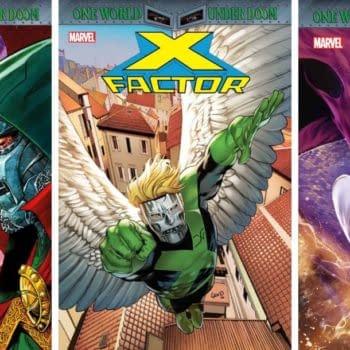Posted in: Comics, Review | Tagged: Andrew Harrison, ben mccool, Brooklyn Gladiator, chapterhouse productions, dan fogler, darick robertson, dystopia, mark hiblen, nadir balan, stephen bunting, Tom Hodges
Brooklyn Gladiator Vol. 0 Review: Unique Twists Weighed Down by Myriad Problems
John Miller lives in the year 2033. America is secluded behind a wall. The cities are claustrophobic cesspits. John himself tough-as-nails boxer who does substance running on the side. He wants something more than this cruel world has to offer anymore, but he's not sure how to access it.
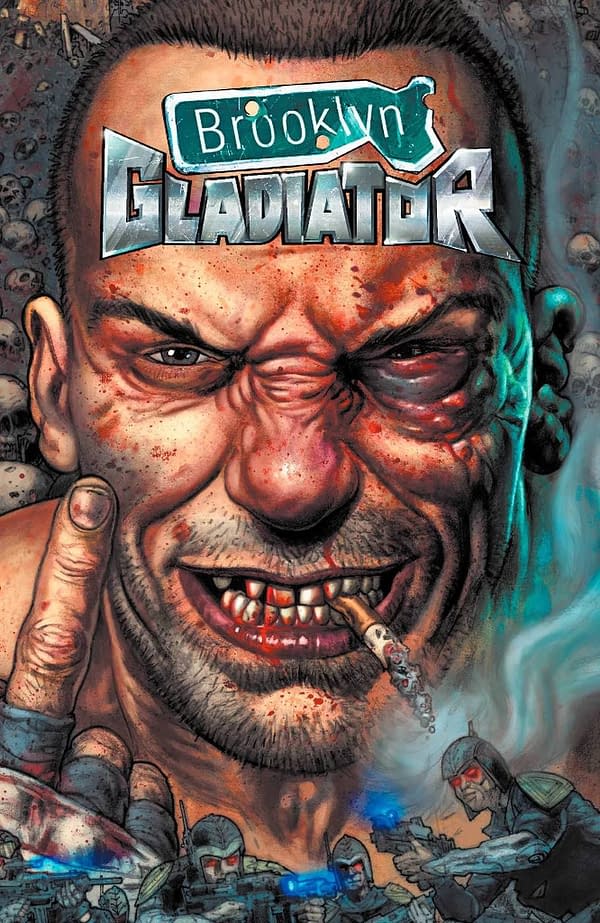
As you may know, I interviewed writer Dan Fogler about Brooklyn Gladiator about a month ago. I will admit that my opinions on the comic changed after talking to Fogler, and that's not fair or generally a good thing. As such, I'm going to distill the "two opinions" to something coherent and accessible to anyone who reads the book.
Brooklyn Gladiator is a lot more spiritual than one may expect from the premise. Much of the comic consists of John Miller's spirit journeying across the world in what appears to be the astral plane. It can be off-putting at first, but it adds something to this Escape from New York-esque version of the dystopian genre which one does not often see.
Miller is a little smarter than one would expect from such a protagonist too. That makes him interesting.
There is the overwhelming stench of dude all over this book. Miller is a muscular boxer. Women are victims or objects. Fogler does promise that this changes in coming installments, and I'm inclined to believe that. However, those are not yet available. This one is, and it comes off as off-puttingly hypermasculine.
Some of the thought captions can get a little cheesy. The comic can get a little slow at times. The final sequence of the comic gets a little too cute with its spiritualism, and there's not as much fighting-the-powers-that-be as one may hope from an opening salvo like this.

The art isn't stand-out either. It's oddly generic, especially compared to the gritty detail of the cover. The world looks oddly sleek despite the grunginess invoked by the narrative. Miller himself isn't as distinct as he is on the cover. The inking is a little too thick, and the colors are a little too tame.
Despite the myriad flaws, there is enough unique about Brooklyn Gladiator that keeps me from outright casting it aside. There are some good ideas here, and it could very well develop into something unique and enjoyable over time. That said, I can only recommend this book to someone who has a lot of patience for hypermasculinity, spiritualist digressions, and underwhelming art. That's a hard sell, and I can't blame one for wanting to avoid it. As for myself, I will be checking out the next installment for the sake of curiosity and hope for improvement. I like the ideas that Mr. Fogler



